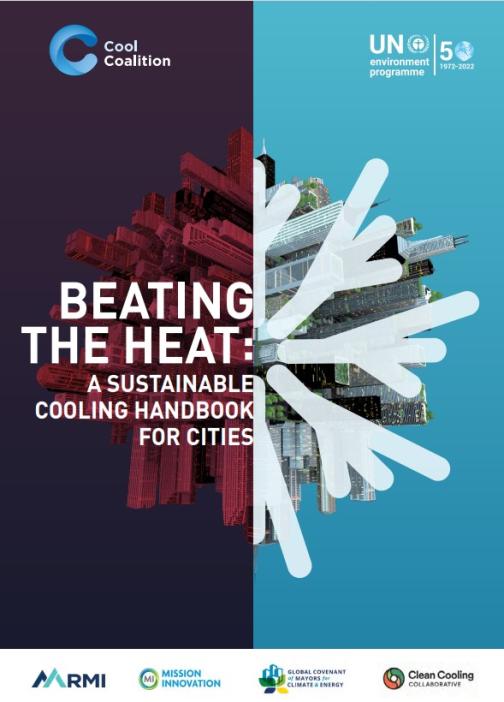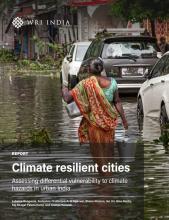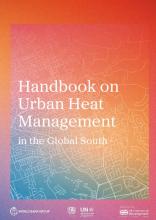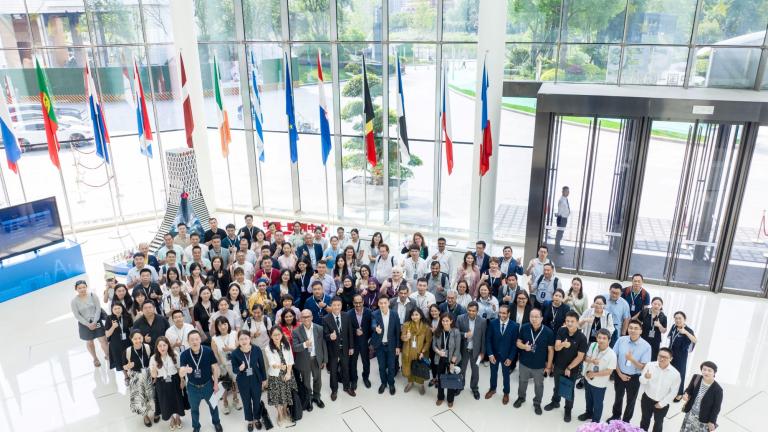Toolkit

Beating the Heat
A Sustainable Cooling Handbook for Cities
This handbook was launched at COP26 and provides case studies from cities around the world that demonstrate how to sustainably tackle the urban heat island effect.
With growing populations – predominantly in the tropics – and rapid urbanization, the impact of global warming is felt most acutely in cities. Research shows that the world’s cities are heating up at twice the global average rate due to the urban heat island effect – a phenomenon where urban areas experience higher temperatures than outlying areas due to a combination of diminishing green cover, heat gain and thermal properties of the materials commonly used in urban surfaces, as well as waste heat from human activities (such as industrial processes, transport and air conditioning).
This guide by UNEP offers planners an encyclopedia of proven options to help cool cities sustainably, providing improved health and productivity, economic benefits, and reduced power usage and emissions. The guide’s 80 supporting case studies and examples demonstrate the effectiveness of the strategies outlined and can help cities find an approach best suited to their unique contexts.
Learn more

UrbanShift at COP30
UrbanShift will be participating in a range of events during the Local Leaders Forum in Rio and COP30 in Belém. Learn more here.

Climate Resilient Cities: Assessing Differential Vulnerability to Climate Hazards in Urban India
The report highlights the need to integrate equity into climate action planning in Indian cities. It examines how socioeconomic inequality and marginalization shape climate risks.

Handbook on Urban Heat Management in the Global South
The Handbook helps cities take action by offering practical guidance to assess heat risk, plan resilience strategies, and implement solutions such as green infrastructure, passive cooling, and sustainable cooling systems.

Empowering Cities to Shape Climate Goals: Lessons from the UrbanShift China City Academy
On 1-3 July 2025, the Academy brought together over 120 participants from cities in China, India, Malaysia, Mongolia, and the Philippines, alongside national government representatives.
